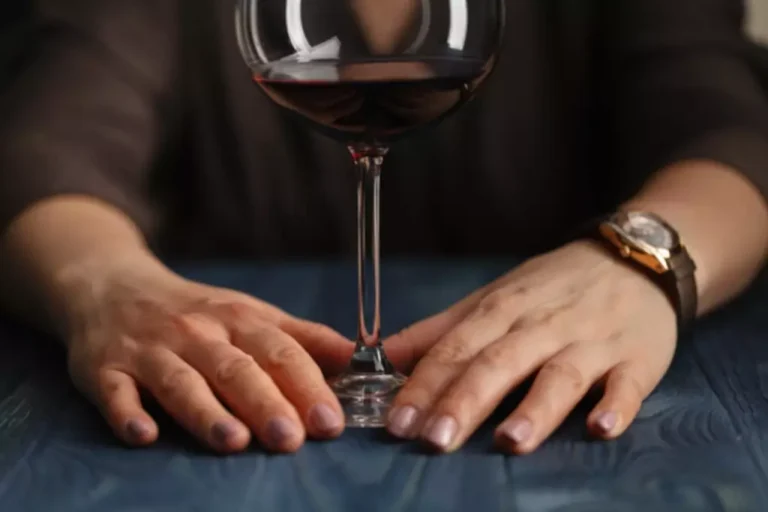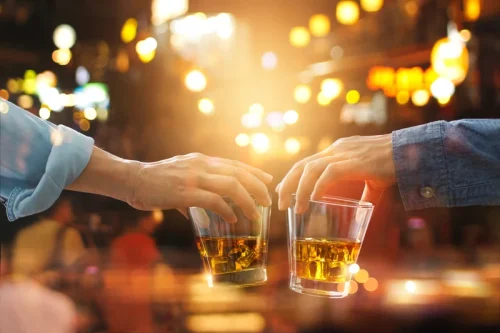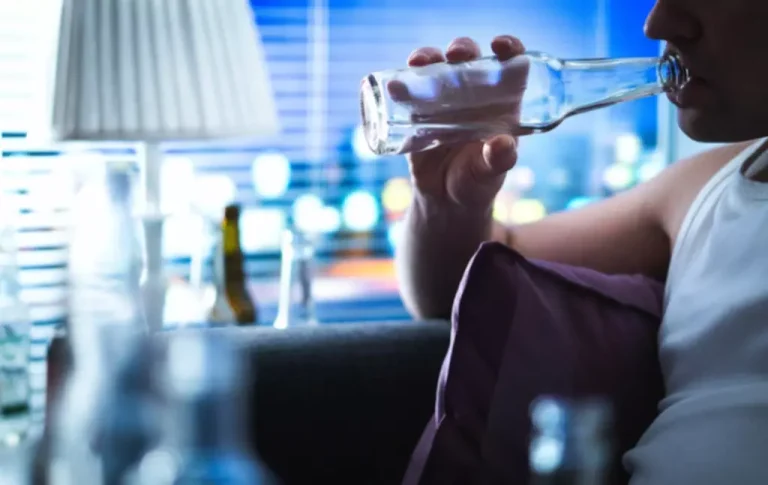
One area of interest is how the consumption of alcohol impacts blood pressure. However, even drinking small amounts of alcohol may contribute to high blood pressure. And sure, we’ve all had a night here or there where we’ve had one too many and we know it. But it’s important to make sure those nights of overindulgence are the exception and not the rule. If you’re not sure, make a note to tune into how much you’re having over the course of the next month or so.
Alcohol Consumption and Total Stroke Incidence and Prevalence

It’s been estimated that 25% of all ED is caused by side effects from medication. Certain drugs taken for high blood pressure—notably thiazide diuretics (water pills) and beta blockers—have been linked with deterioration in sexual function. Taking steroids, whether androgens taken as part of testosterone therapy for a medical https://ecosoberhouse.com/ condition or recreational anabolic steroid use in bodybuilding, can affect the hypothalamic-pituitary-adrenal (HPA) axis. This means that it upsets your balance and regulation of hormones and impacts pituitary gland function. Every year, 1 million to 3 million people in the United States use anabolic steroids (AAS).
- A population‐based study showed that the incidence of hypertension is higher in African descendants (36%) than in Caucasians (21%) (Willey 2014).
- Experts have known for a while that heavy drinking — meaning eight or more drinks per week for women and 15-plus per week for men — raises your risk for high blood pressure (a.k.a. hypertension).
- In her spare time, you can find her enjoying all that Vermont has to offer with her family and her dog, Winston.
- So, it’s important to think about your overall health and talk to a healthcare provider about your personal risk factors.
- In this study, all test drinks were poured into paper cups to achieve blinding of participants.
- We contacted study authors for missing or unclear information required for the risk of bias assessment and then reassessed the domains once the information was available.
Tinklenberg 1976 published data only
If you have high blood pressure, it’s best to reduce your alcohol intake. For medium doses of alcohol, moderate‐certainty evidence shows a decrease in SBP and DBP six hours after alcohol consumption, and low‐certainty evidence suggests a decrease in SBP and DBP for 7 to 12 hours after alcohol consumption. After ≥ 13 hours of consumption, SBP and DBP were raised; the certainty of evidence was low and medium, respectively. Ratings of the certainty of evidence ranged from moderate to low in this review, which suggests that the effect estimates of alcohol might be slightly different than the true effects.
LIMITED TIME OFFER: Labor Day Sale!
A person can speak with a qualified healthcare professional if they find it difficult to reduce their alcohol intake. A healthcare professional can help a person find treatment and support to help them stop drinking or lower their intake. Researchers found that people who drank beetroot juice had reduced systolic blood pressure compared with those who did not drink the juice. Systolic blood pressure is the pressure in a person’s arteries when their heart beats. Studies have shown that a good percentage of people who drink alcohol also smoke, which can raise blood pressure as well.
- Any disagreements regarding inclusion or exclusion of studies were resolved by discussion between review authors.
- In Barden 2013, treatment allocation was performed by a statistician who was not involved in the trial.
- When trials compared more than one dose of alcohol, we handled each comparison separately.
- It is important to note that information regarding to the method of randomisation used in Foppa 2002 and Rosito 1999 was provided by the study author via email.
Sometimes, it’s hard to avoid alcoholic beverages at social events, but excessive alcohol consumption may increase your risk of high blood pressure. Second, lack of representation of the female population was notable in the included studies. Only four studies included almost equal numbers of male and female participants (Buckman 2015; Foppa 2002; Maufrais 2017; Zeichner 1985). Moreover, none of the studies reported male and female data separately. As a result, we were not able to quantify the magnitude of the effects of alcohol on men and women separately. This is unfortunate, as we have reason to believe that the effects of alcohol on BP might be greater in women.
- Ratings of the certainty of evidence ranged from moderate to low in this review, which suggests that the effect estimates of alcohol might be slightly different than the true effects.
- More than one cellular event may be happening at the same time, and, as with other chronic health conditions, the relevant mechanisms may be synergistic and interrelated.
Yin 2015 published data only
High blood sugar and high levels of « bad » non-HDL cholesterol raise the risk of heart disease. To help manage cholesterol and blood sugar, try some of the same healthy habits that help lower blood pressure. Follow your healthcare professional’s advice on how to manage cholesterol and blood sugar. More contemporary studies have not found evidence of mitochondrial injury in biopsy samples from long-term alcohol drinkers (Miró et al. 2000). Differences among results from human studies may relate to small sample sizes, duration of drinking, and degree of myocardial dysfunction. In the Miró study, alcohol drinkers also had been receiving pharmacologic treatments such as beta-adrenergic blocking agents that reduce blood pressure and also may have antioxidant effects.
deRijke 1996 published data only
High levels of triglycerides in the blood have therefore been linked to atherosclerosis, heart disease, and stroke. Researchers have found evidence of mitochondrial dysfunction or impaired bioenergetics related to alcohol consumption. This is not surprising, because mitochondria are a major target for free-radical injury. Dysfunctional mitochondria are less efficient, can become a source of ROS, and are more likely to initiate apoptosis (Marzetti et al. 2013). Figure 3 summarizes the potential mechanisms underlying the cardioprotective and adverse effects of alcohol consumption. This area of research was briefly outlined here; more comprehensive reviews on these mechanisms are available (Krenz and Korthuis 2012; Mathews et al. 2015).

How to Prevent Erectile Dysfunction

As these examples illustrate, drinking alcohol may raise the risk of some conditions but not others. Patients should work with their clinicians to understand their personal risks and make informed decisions about drinking. Notably, studies have shown that alcohol dehydrogenase variants occur in different individuals and that categorization according to variant nullifies the protective effect of moderate alcohol intake. In reality, there’s no evidence that drinking beer (or your alcoholic beverages of choice) actually contributes to belly fat. Steatotic liver disease develops in about 90% of people who drink more than 1.5 to 2 ounces of alcohol per day. There is certainly no reason to start drinking alcohol if you don’t already.
Participants in those studies consumed alcohol regularly during the study period, whereas in our systematic review, we included only studies in which participants consumed alcohol for a short period. Based on nine studies, McFadden 2005 reported that the mean increase in SBP was 2.7 mmHg and in DBP was 1.4 mmHg. Only three of these studies measured BP at various time points and found that alcohol has a hypotensive effect lasting up to five hours after alcohol consumption and a hypertensive effect 20 hours after alcohol consumption that lasts until the next day. The inclusion does alcohol decrease blood pressure of non‐randomised studies in McFadden 2005, which are known to be at higher risk of bias, is likely the reason for the discrepancy in the magnitude of BP effects. One common risk factor for CV disease is the composition of the lipids found in the blood, and the effects of alcohol consumption on lipid profiles have been extensively studied. Many researchers have found that alcohol intake increases HDL cholesterol (HDL-c) levels, HDL (“good cholesterol”) particle concentration, apolipoprotein A-I, and HDL-c subfractions (Gardner et al. 2000; Muth et al. 2010; Vu et al. 2016).




